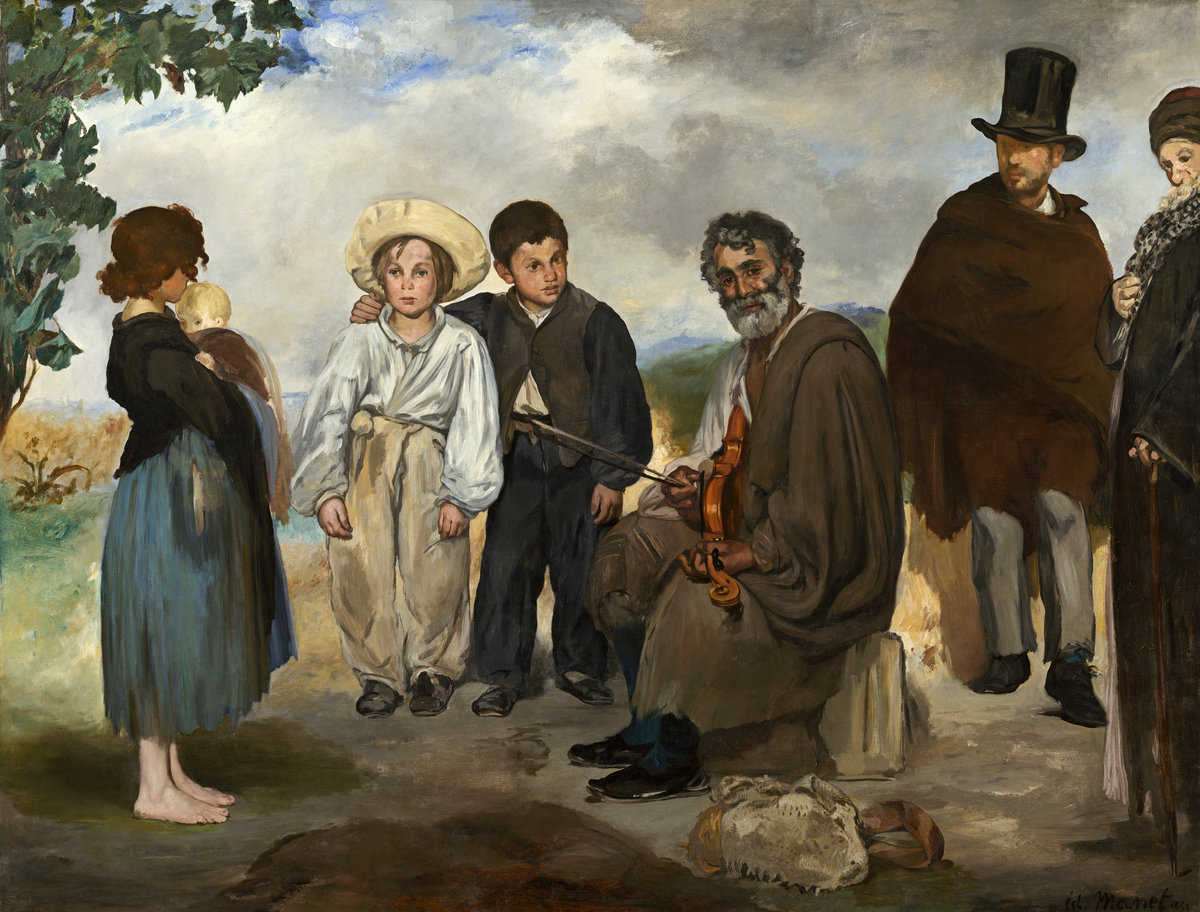
Shouldn’t corrupt construction companies be contributing to infrastructure development in Africa? Somewhat relatedly, how does Chinese aid affect government behavior? Negatively, it seems.
Richard Dowden argues that Kenya’s government has systematically failed to deal effectively with terrorism. Similarly, Joshua Keating argues Uhuru Kenyatta’s performance is increasingly concerning. And in the aftermath of Garissa, it’s clear the “War on Terror” narrative has outlived its usefulness. While instability in Somalia contributes to terrorism in Kenya, Somaliland is a peaceful anomaly, but it can’t seem to get international recognition.
Prison gangs as governments. And what’s the objective of incarceration? If a prisoner released early by mistake reforms, should he go back to prison?
Islam Karimov runs one of the world’s most repressive regimes, but his grip now extends far beyond Uzbekistan’s borders, as government-hired hitman keep assassinating exiled dissidents.
Boko Haram will still be a threat under the government-elect of Muhammadu Buhari, but will he cooperate with other countries, particularly Chad, to counter it?
Sudan is preparing for elections on Monday, and though opposition parties are allowed to run, many plan to boycott, and the ruling National Congress Party is expected to cruise.
What sorts of analysis do policymakers really want from academics?
There are still many details to be worked out on the Iran nuclear deal. But on the other hand, it’s the existence of the agreement itself, not the details, that matter. Finally, domestic politics and disputed nationalism: what it means to be a hardliner in Iran.
Frustration with Georgia’s ruling party is high, and that’s likely to mean the emergence of political extremists.
The Saudi-led intervention in Yemen doesn’t seem to have a clear strategy as Egypt prepares to send in ground troops. And despite a lack of enthusiasm for the intervention, the United States is offering support.
Steven T. Zech looked at Anonymous cyber-attacks on ISIS earlier this week for Denver Dialogues, but they’re not the only target in the Middle East; Anonymous also has Israel in its sights.
What did the U.S. actually know just before and during the Rwandan Genocide? Far more than Bill Clinton would like to admit. Another world leader in denial is Nicolas Maduro, who insists that US sanctions aren’t hurting his country.







